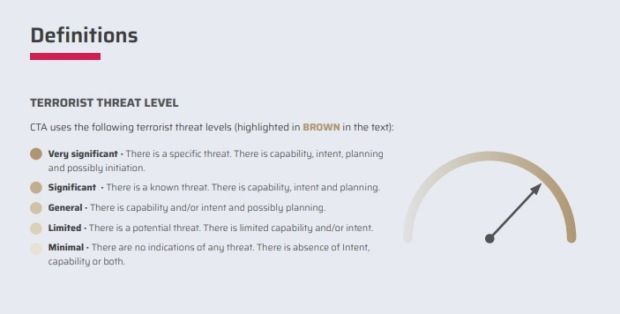News
Anti-gov extremism rears head in terror threat report
This article is more than 3 years old.
Annual PET threat analysis listed anti-government extremism among key threats for first time in wake of Corona Crisis

The Corona Crisis has sparked increased antigovernmental rhetoric (photo: Flickr&GoToVan)
In its annual threat analysis report, intelligence agency PET maintains that terrorism remains a serious threat to Denmark.
In particular, it warns of potential terror attacks carried out by militant Islamic extremist groups such Islamic State and al-Qaida.
However, for the first time ever, anti-government extremism has also made the key threat sources list this year – partially driven by the COVID-19 pandemic and related government-implemented restrictions.
“There have been instances of heavy criticism of the government’s handling of the COVID-19 pandemic, in Denmark and abroad – the vast majority being peaceful,” said Michael Hamann, the head of PET’s Centre for Terrorism Analysis (CTA).
“But there have been examples of criticism being expressed using threats and intimidation of Danish professionals, elected officials and government officials. And abroad we have seen examples of planned or carried out actions of a violent nature.”
READ ALSO: Defence report defines key threats to Denmark
Militant Islamist threat significant
More specifically, PET now considers the threat from anti-government extremism to have increased to the point where it is of a limited level – which means there is a potential threat, but limited capability and/or intent (see image below).
In comparison, the threat posed by militant Islamists is significant – there is a known threat, capability, intent and planning.
The threat from right-wing extremists has been gauged as being general – there is capability, and/or intent and possibly planning – while the threat from left-wing extremists is deemed to be limited to minimal.
Read the entire report here (in English).











































